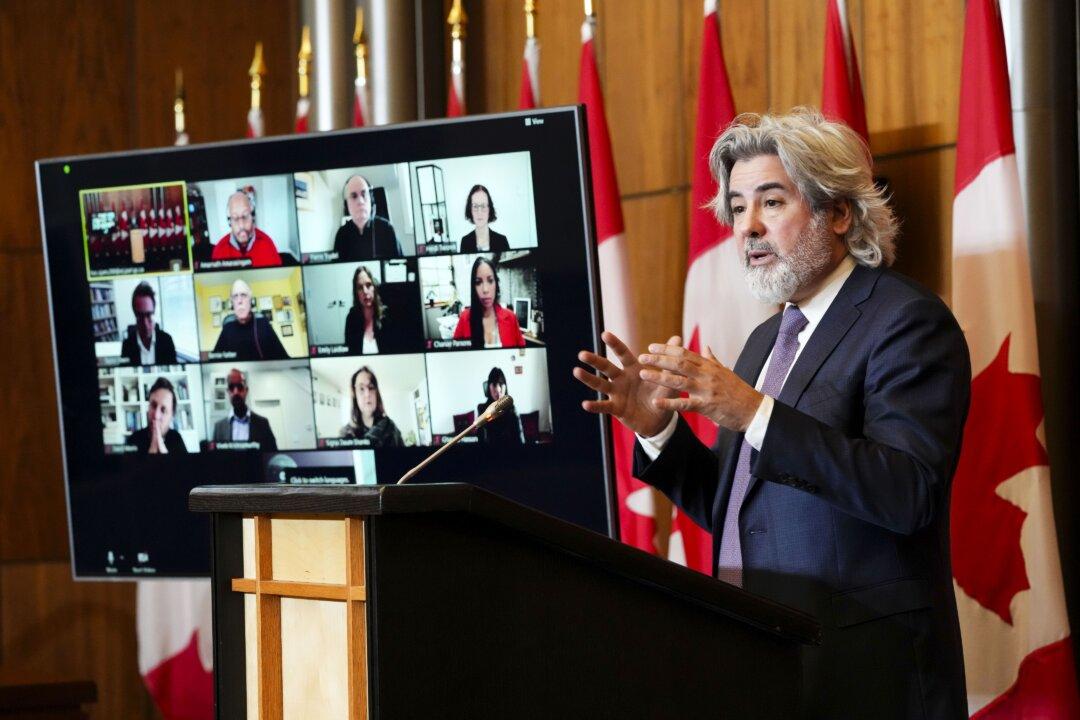Commentary
Canada’s first efforts to create an Online Harms Act were described by Twitter as alarmingly similar to those employed by China, North Korea, and Iran.

Canada’s first efforts to create an Online Harms Act were described by Twitter as alarmingly similar to those employed by China, North Korea, and Iran.